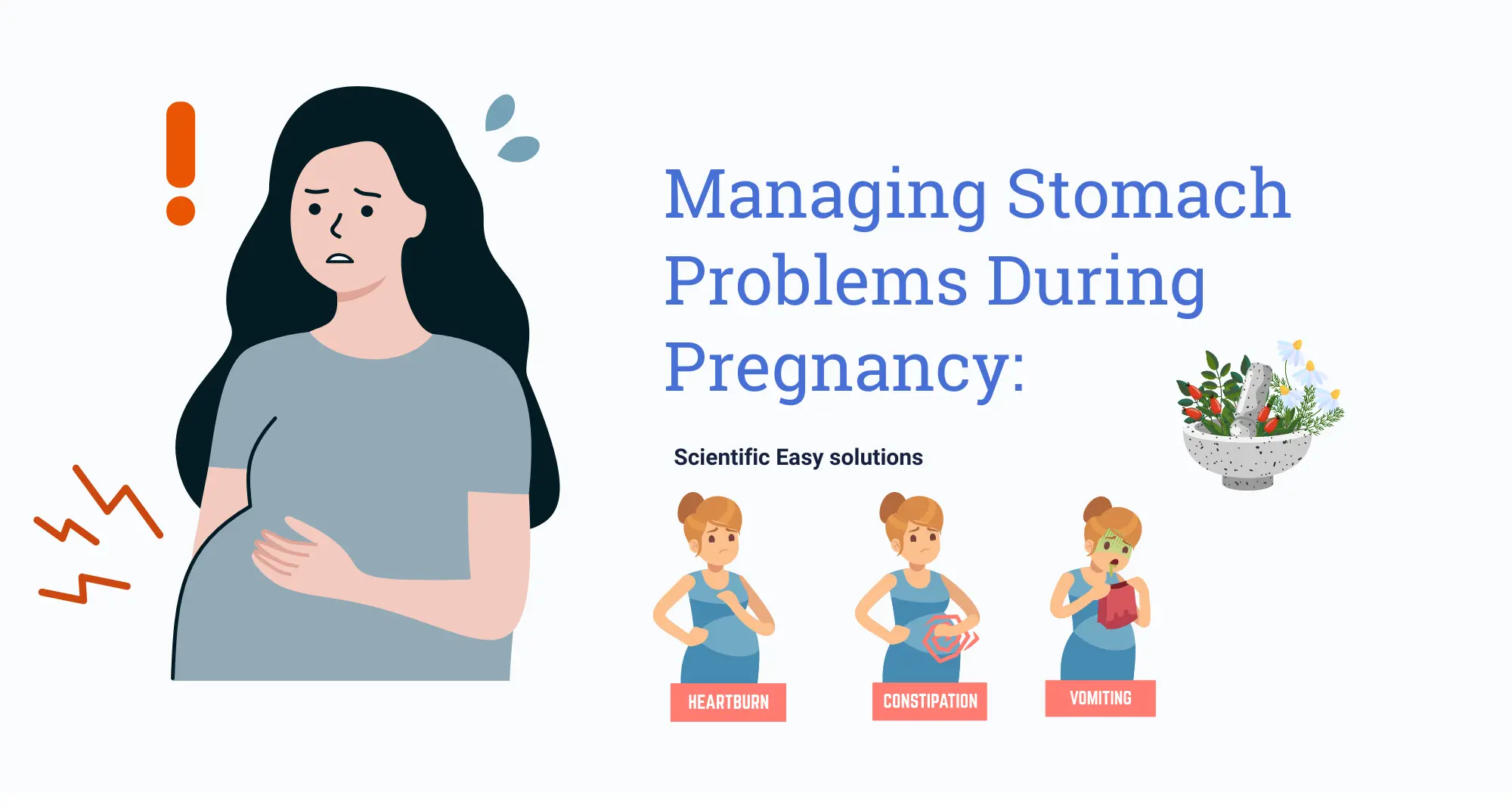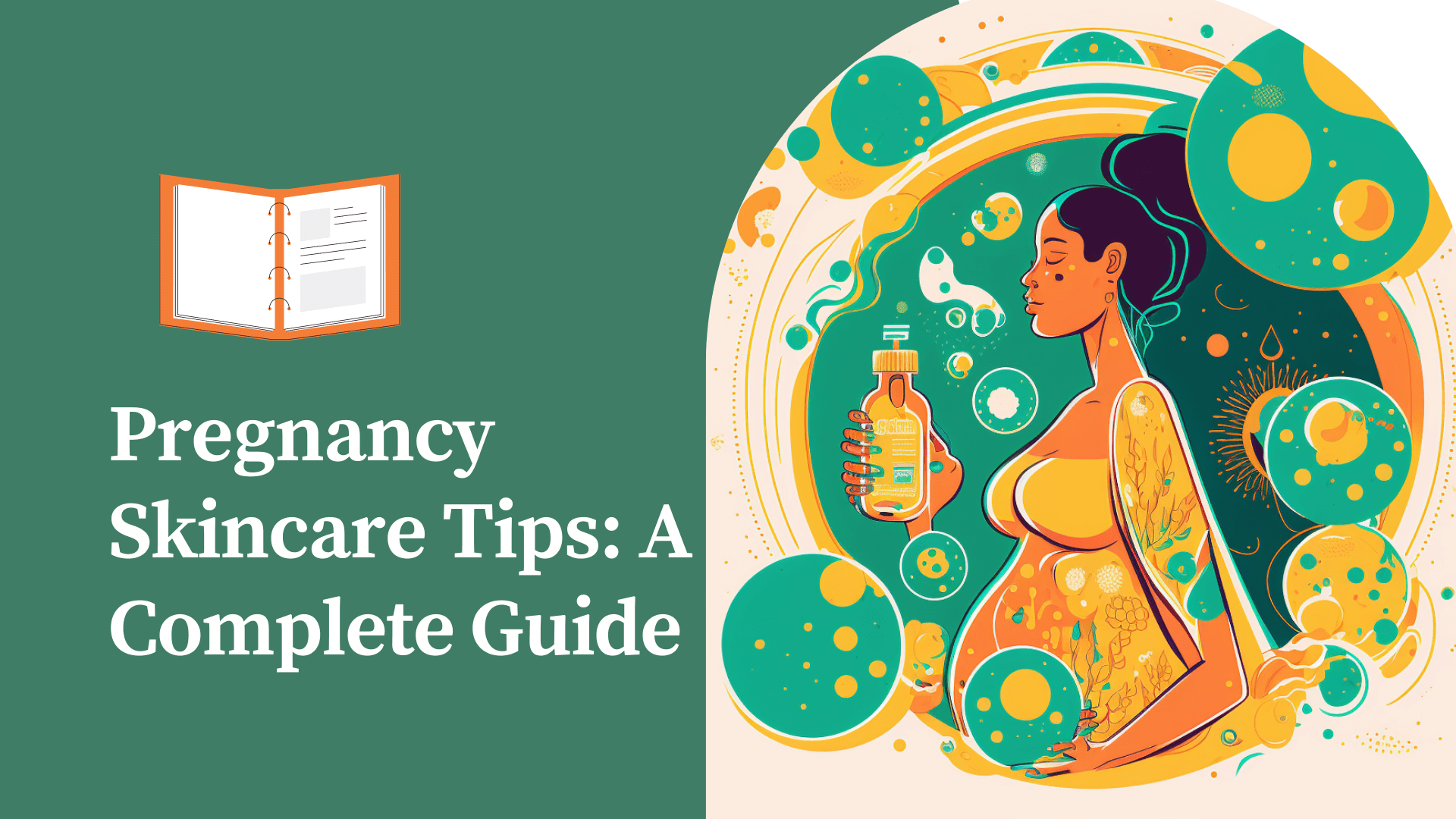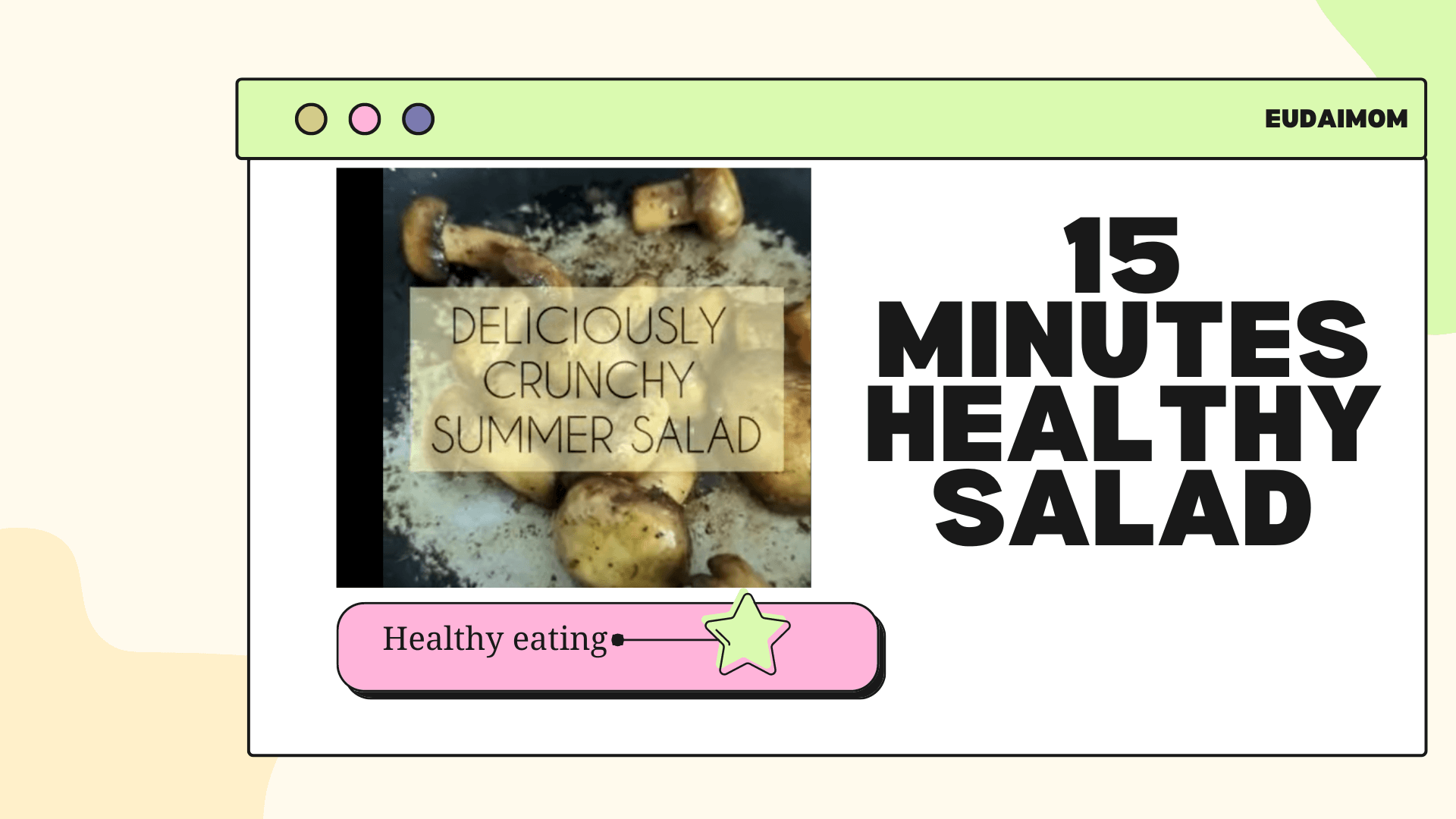13 Symptoms of Postpartum blues and how to detect them at the earliest
Even in the 21st century, there is a lot of taboo and unawareness around the term Postpartum Depression. Blaming the hormones or the “dramatic” nature of women in general has proved detrimental to their mental health.
Postpartum depression (PPD) is a complex mix of physical, emotional, and behavioral changes that happen in some women after giving birth.
It’s a form of depression that usually begins 4 weeks postpartum and can have adverse effects on your mental health starting with subtle signs. Postpartum depression is linked to chemical, social, and psychological changes that happen when having a baby. The term describes a range of physical and emotional changes like feelings of not being good enough, pondering over if they are suited to be a mother, or extreme anxiety, stress over the changes that have taken place in the past few days or weeks leaving you in a whirlwind, that many new mothers experience. PPD can be treated with medication and counseling.
Chemical changes which occur is usually due to the sharp decline in hormones estrogen and progesterone post delivery. They drop back to their normal levels, which is a shock to the body given the fact that the levels were increasing steadily. In addition to these chemical changes, the social and psychological changes of having a baby create an increased risk of depression.
Symptoms of Postpartum Depression
There are a few symptoms to watch out for as it can be hard to detect at times:
- Severe Fatigue
- Trouble in sleeping
- Frequent mood swings
- Low appetite
- General disinterest in surroundings
- Cranky mood
- Low libido
- Getting angry often or severely
- Trouble concentrating on things
- Feeling detached from your baby
- Trouble functioning normally
- Unable to cope with your daily life/ surroundings
- Feeling extremely anxious or troubled frequently
Having a few of these symptoms is normal for almost all moms. The problem starts when these symptoms persist and refuse to back down. It is imperative to seek professional help when you feel overwhelmed by the symptoms mentioned above. If the above mentioned symptoms persist beyond 1.5-2 weeks, or even before that seek professional help.
Risk factors that may contribute to lost partum depression
The risk factors / symptoms can differ in different women depending upon a lot of things. Some things that can raise the chances of postpartum depression include:
- History of mental illness/ depression before pregnancy
- Stress during pregnancy
- Multiple pregnancies back to back or having multiple babies at a time
- Age during pregnancy (The risk is higher if you are younger)
- Marital issues/ issues with your spouse
- Limited/no support during pregnancy
- Having a special needs child/ premature baby or with health issues.
Treatment for post-partum mental health challenges
It is very important to not ignore the symptoms and seek professional help as soon as possible. There are several ways to treat it, the most common is Psychotherapy or medications, support groups based on the diagnosis and the severity of your symptoms. Medications must not be consumed without proper consultation and diagnosis. It is a very sensitive stage for your body and the situation needs to be handled adequately. Talk to your doctor and they will prescribe proper medication which can be adjusted according to your symptoms and not cause any issues if you are breastfeeding.
How to help yourself?
A newborn can be a lot of work. In order to not feel overwhelmed or anxious about it and prevent problems, here are a few tips you can take in consideration-
- Learn to accept help from others whenever required.
- Follow and good, proper balanced diet
- Not have unrealistic expectations from yourself
- Limit screen time
- Get an adequate amount of sleep and try to rest/ sleep when your baby is sleeping.
- Not be socially isolated.
- Exercise and practice yoga regularly to maintain a mental balance in your body.













